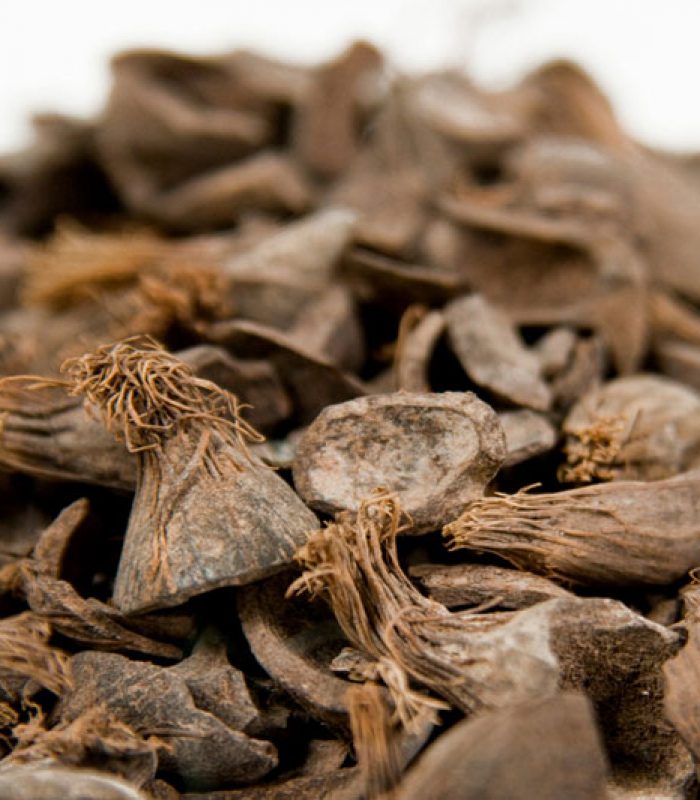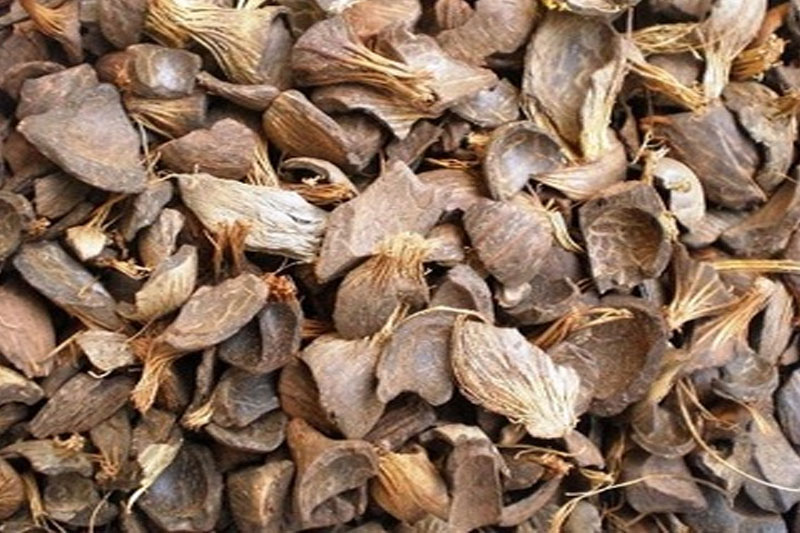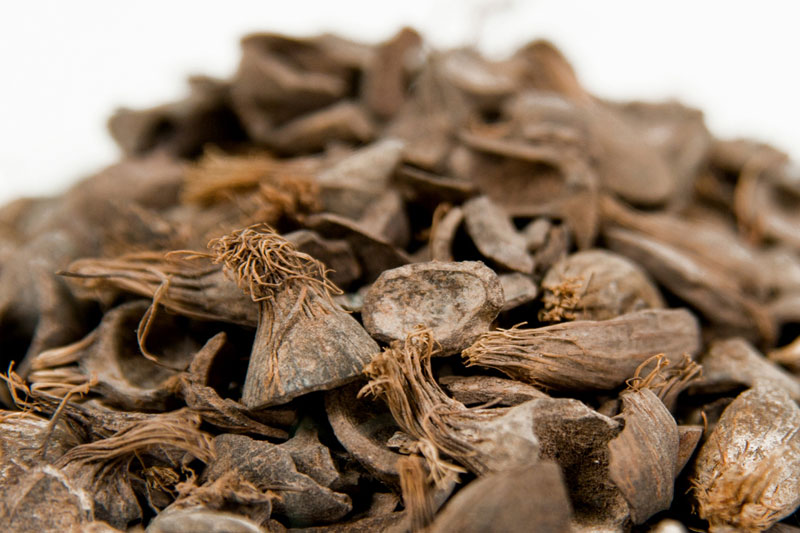

Palm kernel shells (or PKS) are the shell fractions left after the nut has been removed after crushing in the Palm Oil mill. Kernel shells are a fibrous material and can be easily handled in bulk directly from the product line to the end use. Large and small shell fractions are mixed with dust-like fractions and small fibres. Moisture content in kernel shells is low compared to other biomass residues with different sources suggesting values between 11% and 13%.
Compared to other residues from the industry, it is a good quality biomass fuel with uniform size distribution, easy handling, easy crushing, and limited biological activity due to low moisture content. PKS can be readily co-fired with coal in grate fired -and fluidized bed boilers as well as cement kilns in order to diversify the fuel mix.
The primary use of palm kernel shells is as a boiler fuel supplementing the fibre which is used as primary fuel. In recent years kernel shells are sold as alternative fuel around the world. Besides selling shells in bulk, there are companies that produce fuel briquettes from shells which may include partial carbonisation of the material to improve the combustion characteristics.
As a raw material for fuel briquettes, palm shells are reported to have the same calorific characteristics as coconut shells. The relatively smaller size makes it easier to carbonise for mass production, and its resulting palm shell charcoal can be pressed into a heat efficient biomass briquette.


Specializes in the biomass trade and supply industry in the Asia-Pacific region. Help us together create a better and sustainable world.